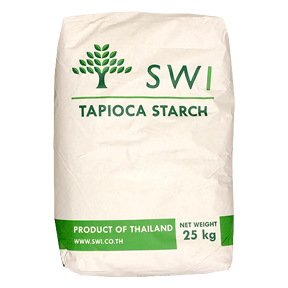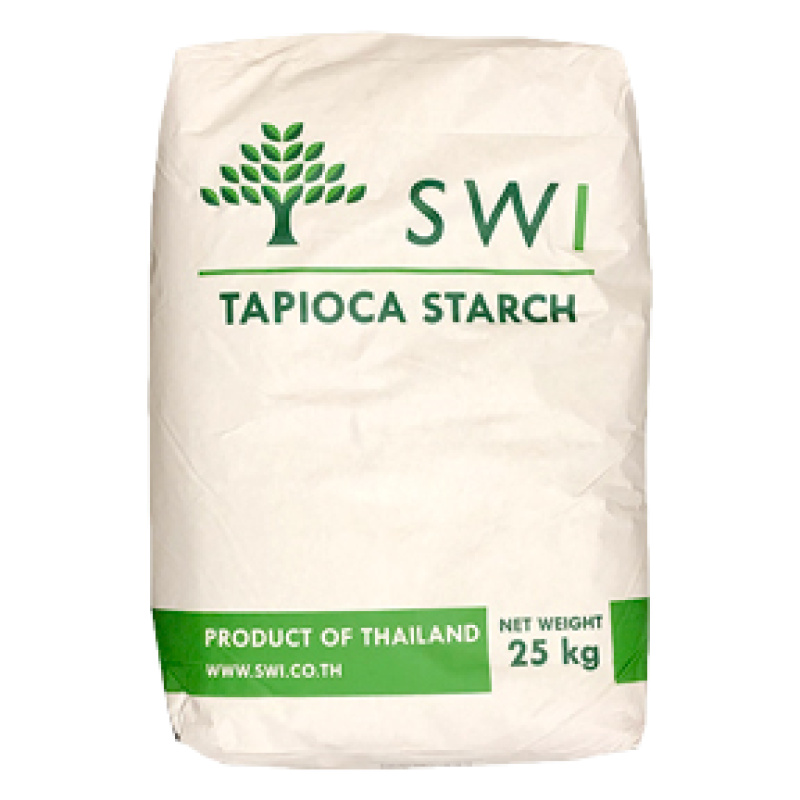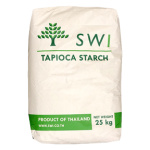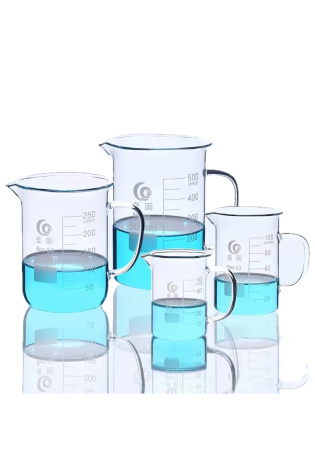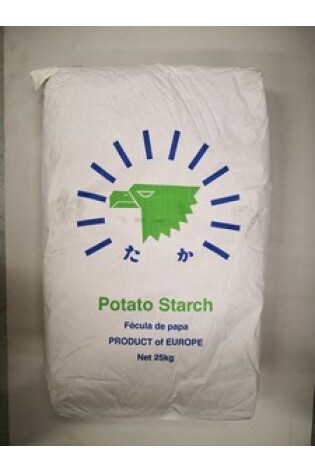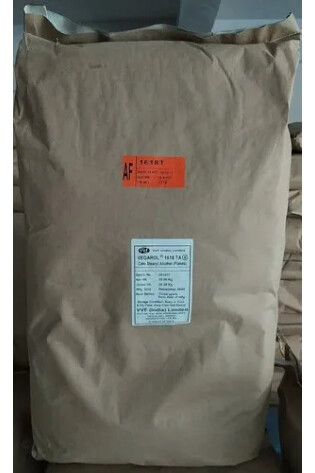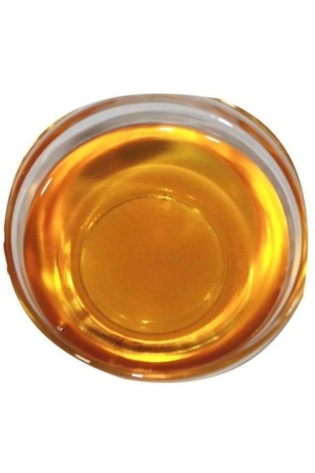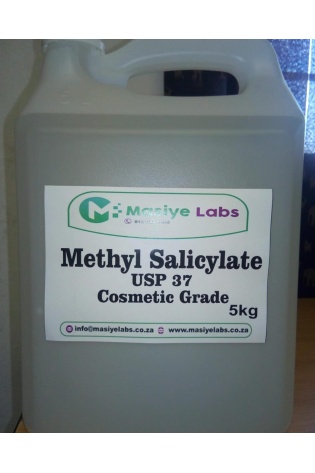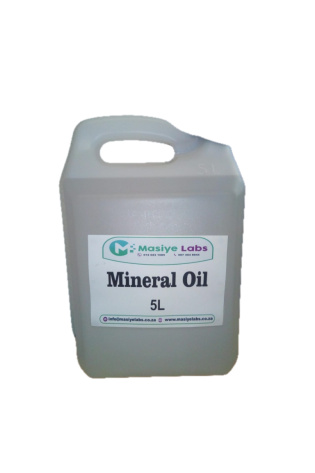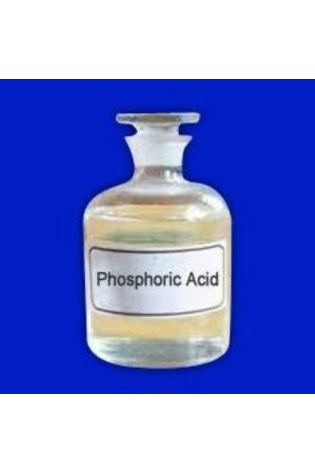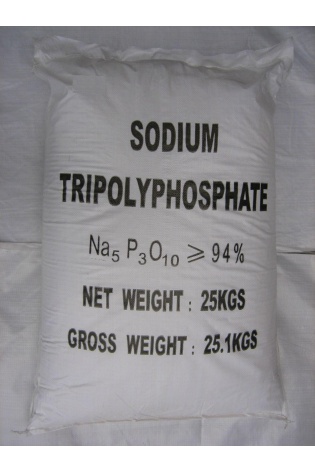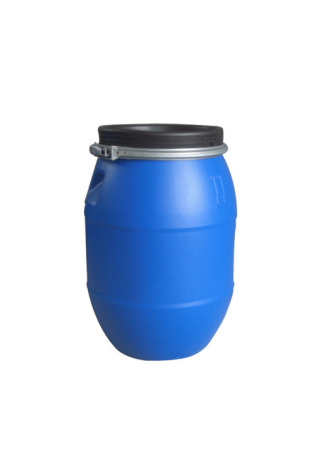Tapioca Starch 25kg
Tapioca starch, derived from the cassava root, has diverse applications in both food and non-food industries. It’s a popular gluten-free alternative to wheat flour and a thickening agent for sauces, soups, and stews. It’s also used in various baked goods, desserts, and even in the production of bubble tea. Beyond food, tapioca starch finds use in the paper, textile, and adhesive industries.
Tapioca Starch 25kg
Tapioca Starch 25kg Food Applications:
Gluten-free baking:
Tapioca starch is a key ingredient in gluten-free bread, cakes, pastries, and other baked goods, providing structure and a light texture.
Thickening:
It effectively thickens sauces, soups, stews, and gravies, offering a smooth and creamy consistency.
Binding:
Tapioca starch acts as a binder in meat products like sausages and meatballs, and in vegan recipes where eggs are omitted.
Desserts:
It enhances the texture of puddings, custards, and pie fillings, contributing to a smooth and creamy mouthfeel.
Bubble tea:
Tapioca starch is used to create the characteristic chewy tapioca pearls found in bubble tea.
Snacks:
It’s a component in snack production, including chips, crackers, and popcorn, contributing to texture and crispiness.
Noodles and pasta:
Tapioca starch is an ingredient in some types of noodles and pasta, such as rice noodles and vermicelli.
Pre-cooked dishes:
It can be used to improve the texture and stability of pre-cooked and convenience foods.
Dairy products:
Tapioca starch can be found in some dairy products, adding to their texture and consistency.
Confectionery:
It is an ingredient in candies, gummies, and other chewy sweets.
Crispy coatings:
Tapioca starch can create a crispy coating for fried foods like chicken, tofu, and vegetables.
Non-Food Applications:
Paper industry:
Tapioca starch is used in paper manufacturing, providing strength and improving surface properties.
Textile industry:
It can be used as a sizing agent in textiles, improving yarn strength and fabric smoothness.
Adhesives:
Tapioca starch is a component in some adhesives, offering binding and thickening properties.
Pharmaceuticals:
It may be used in certain pharmaceutical formulations, potentially as a binder or excipient.
Cosmetics and personal care:
Tapioca starch is used in powders, dry shampoos, and facial masks, offering oil and moisture absorption properties.
This video explains the differences between tapioca starch and other starches like cornstarch, and their uses in cooking:
Tapioca Starch 25kg
